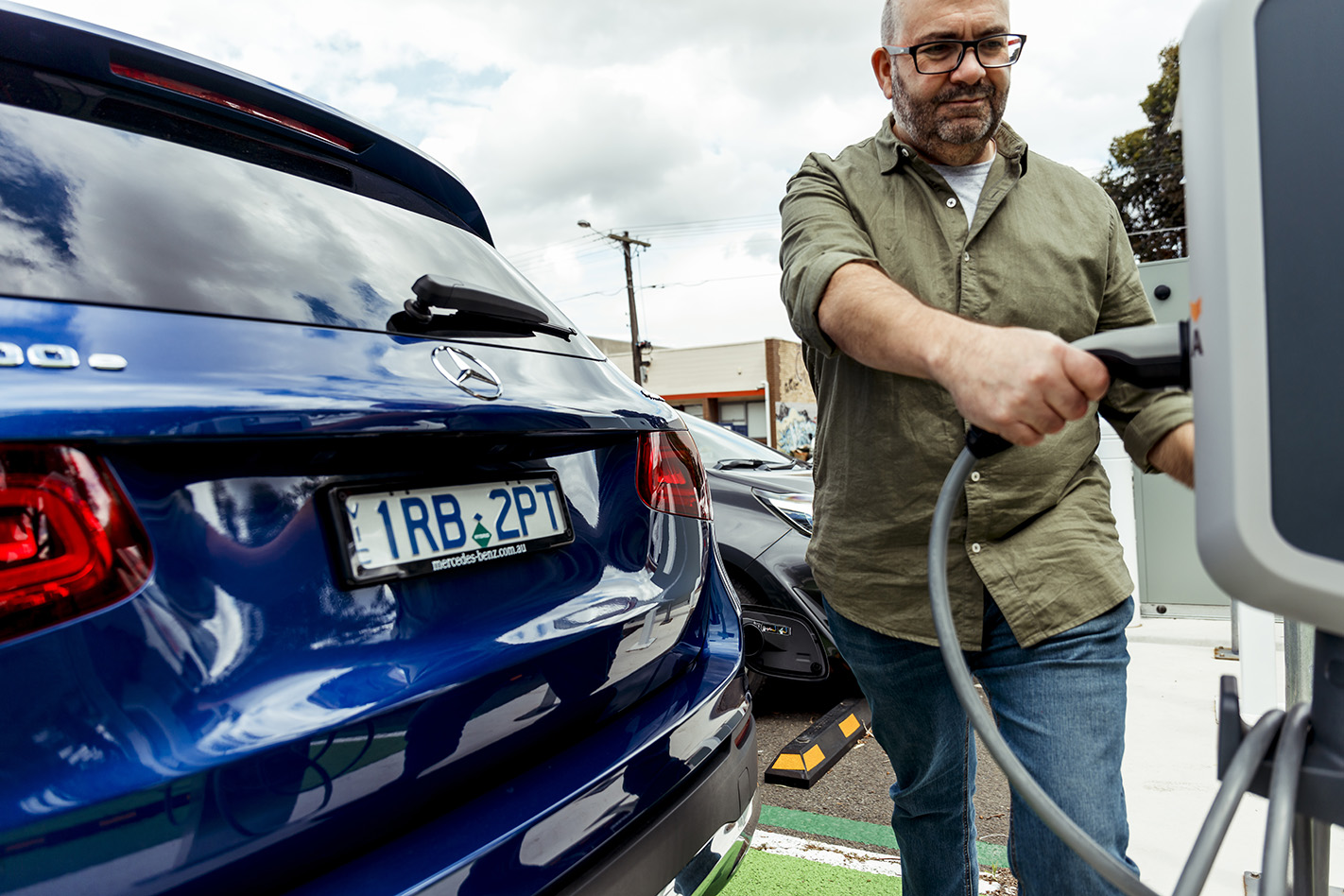Snapshot
- Stamp duty waived, rebates announced on EVs
- $171 million investment in EV chargers
- EV road user tax coming in 2027
The New South Wales government has introduced Australia’s most ambitious electric vehicle plan, announcing it will waive stamp duty on many EVs, offer a $3000 rebate on some, and deliver $171 million in charging infrastructure across the state.
Announced as part of the next NSW state budget, today’s news amounts to a $490 million investment – nearly five times the size of that revealed by Victoria’s Andrews Government in May.
Although welcome, the announcement comes with a catch that will sound familiar to Victorians: a road user tax, applying to owners of full-electric and plug-in hybrid electric vehicle vehicles, will come into play later this decade.
There’s more good news than bad, however, particularly in the short term.
From September 1, New South Wales motorists buying an electric vehicle priced below $78,000 will have stamp duty waived (a saving of up to $3000).
Also from September 1, the first 25,000 buying an EV priced below $68,750 will also benefit from a $3000 rebate.
The Berejiklian government’s $171 million investment in charging infrastructure will include $131 million on “ultra-fast” chargers – likely 350kW units, capable of adding up to 400 kilometres of driving range in 15 minutes – along with $20m in grants for destination chargers and a further $20m for chargers at Transport NSW public transport hubs.
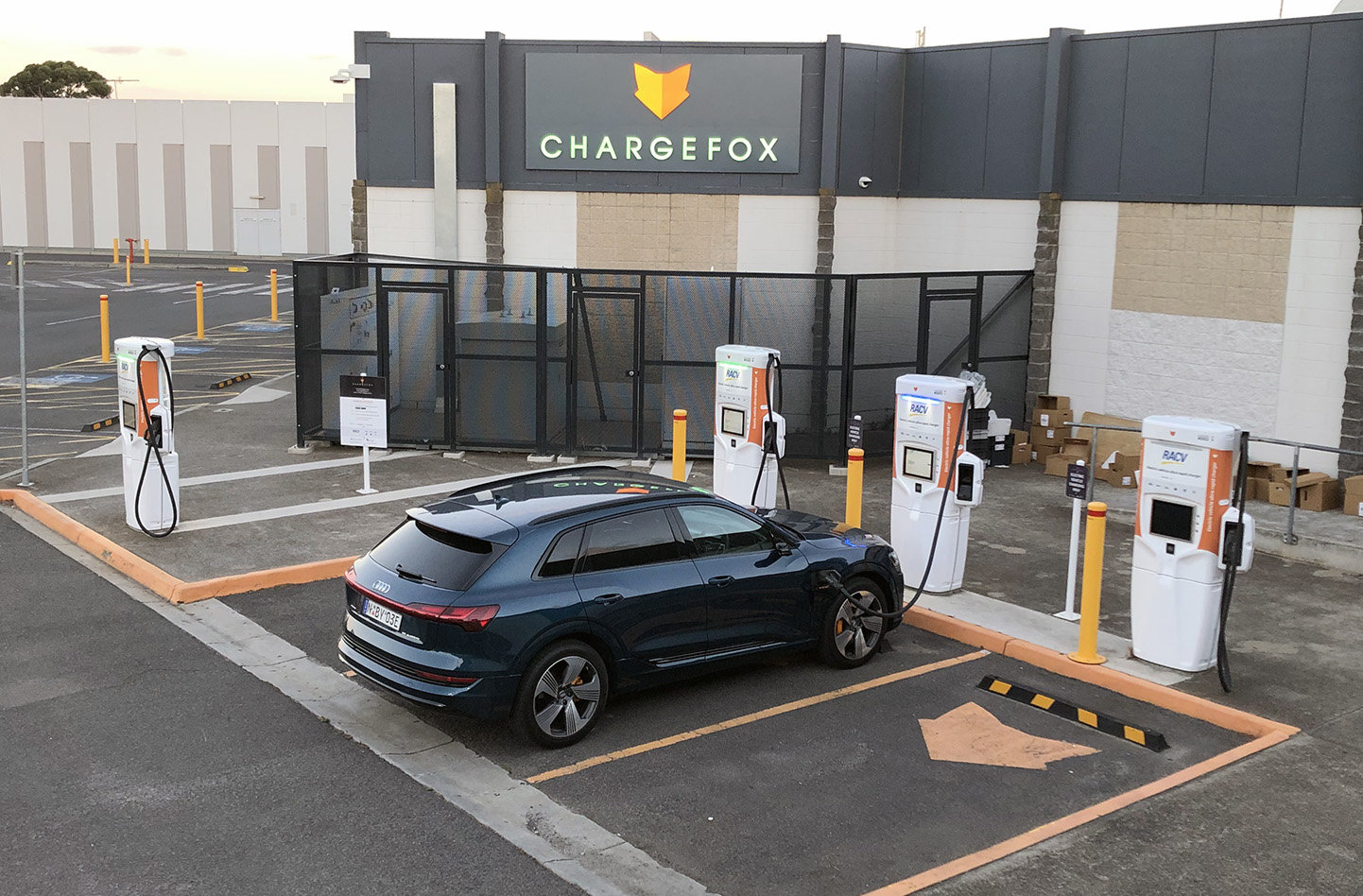
The promises continue, with the state government aiming to ensure public chargers can be found within 5 kilometres of households with limited off-street parking, while major highways will have chargers located at 100km intervals.
The state’s T2 and T3 road lanes will also be available to EV drivers during peak travel times.
The incentives package forms part of the NSW Government’s commitment to reaching net zero emissions by 2050.
“We know that with new cars staying on the road 15 years on average, the vast majority of new cars sold in NSW need to be EVs by 2035 to achieve net zero emissions by 2050,” NSW Energy and environment minister Matt Kean said.
“Our aim is to increase EV sales to more than 50 per cent of new cars sold in NSW by 2030 and for EVs to be the vast majority of new cars sold in the state by 2035.”
The government has forecast that new electric vehicle sales will reach 52 per cent by 2030-31.
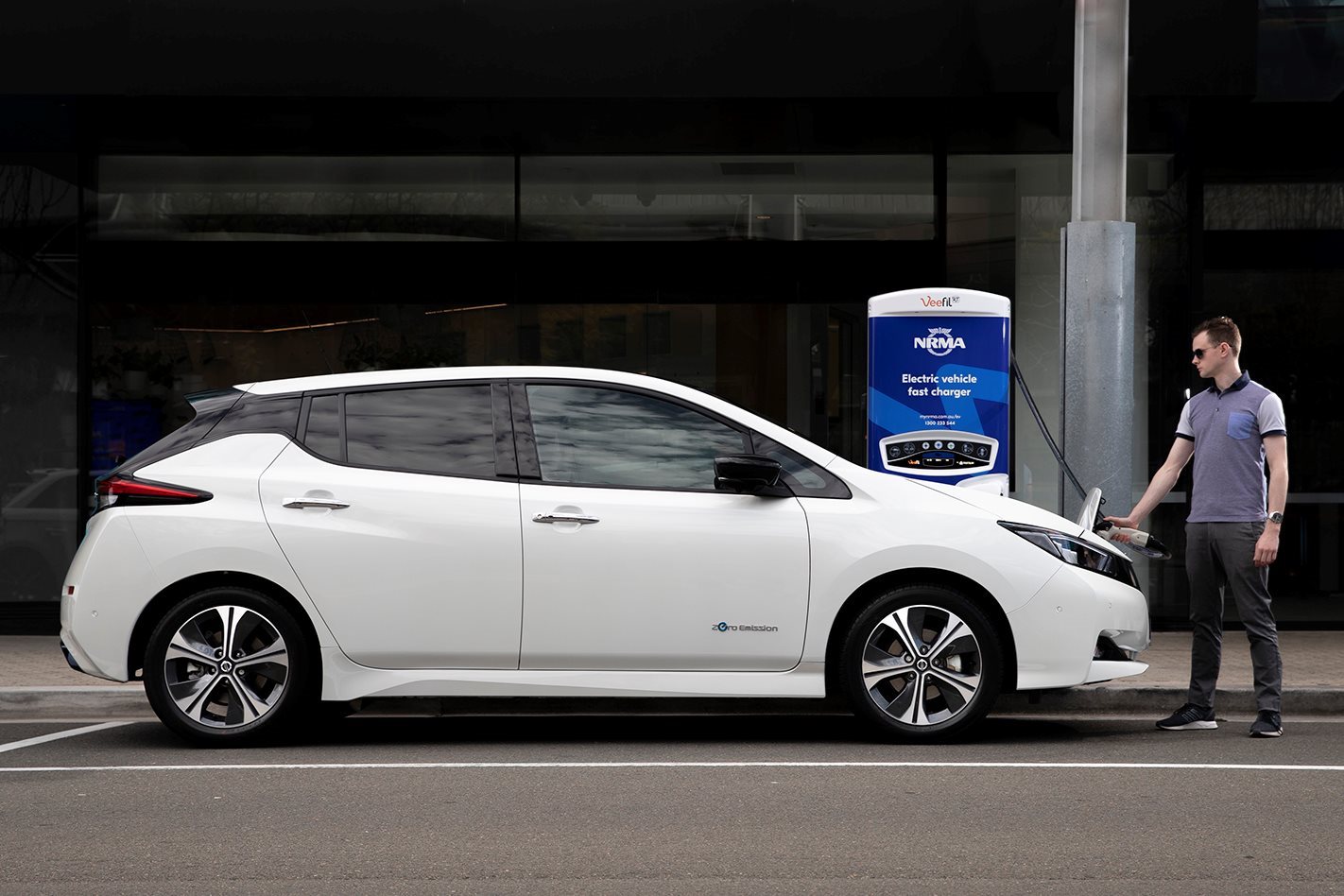
Victoria’s state government hopes its incentives program – which offered 20,000 $3000 subsidies from May 2 on vehicles priced below $69,000 – will also get the state’s new car sales to 50 per cent EV by 2030.
Victoria’s plan:
- State Government aiming for 50 per cent EVs in next nine years
- 20,000 subsidies available on vehicles up to the value of $69,000
- $19million to be spent on charging stations
- There are currently 7,000 EVs on Vic roads, but 300,000 new cars sold every year READ MORE here on Vic plan
NSW EV road user tax coming in 2027
To help cover the cost of its program and recoup revenue lost to falling fuel excise income, the NSW government will tax EV owners 2.5 cents per kilometre and PHEV owners 2c/km from either July 1, 2027, or when EVs make up 30 per cent of all new car sales in the state.
Crucially, the road user tax will replace stamp duty for EV and PHEV owners.
Victoria’s EV road user tax will be charged at the same rate, but comes into effect much sooner – July 1, 2021.
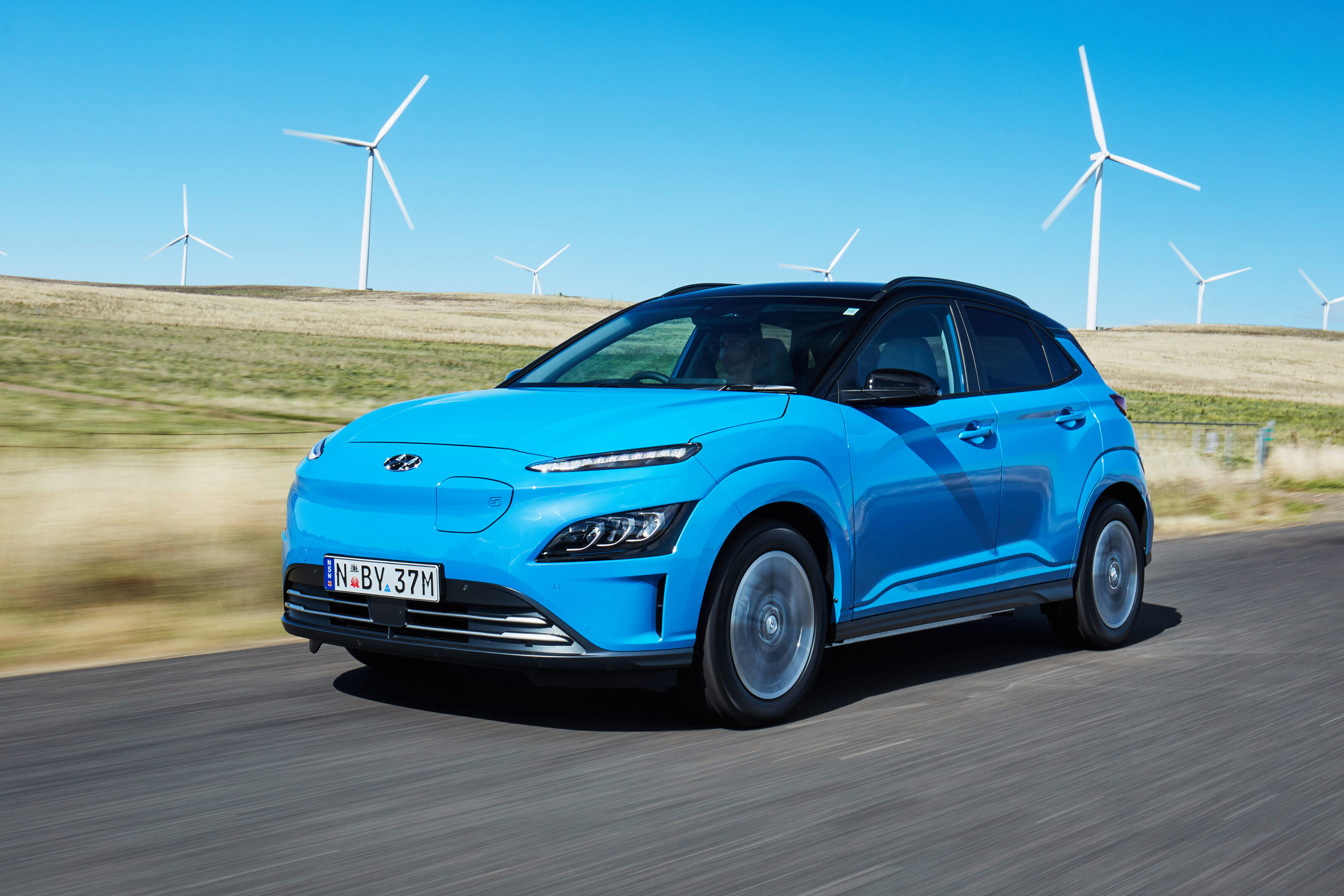
Industry applauds NSW EV strategy
While Victoria’s electric vehicle strategy has been dubbed the “worst electric vehicle policy in the world” by brands and climate organisations (although this was said in response to the road user tax and before the $3000 subsidy was announced), today’s news has brought universal praise.
Volkswagen Group Australia, whose leadership has been outspoken on the nation’s poor fuel quality and underwhelming climate strategy and EV incentives, described the NSW government’s plan as the “model to drive Australia out of the automotive third world”.
Responding to the news today, VGA boss Michael Bartsch said: “The Berejiklian Government has shown its federal colleagues and its counterpart in Victoria the way to bring about mass ownership of affordable Electric Vehicles.
“In terms of his targets for private ownership and fleet take up of EVs, there is no faulting Mr Kean’s ambition.”
The Volkswagen Group’s local arm has previously said its new electric models, such as the Volkswagen ID.3 hatch and ID.4 SUV, and the Skoda Enyaq SUV, are currently not in the local launch schedule and may not even be an option for our market before 2023.
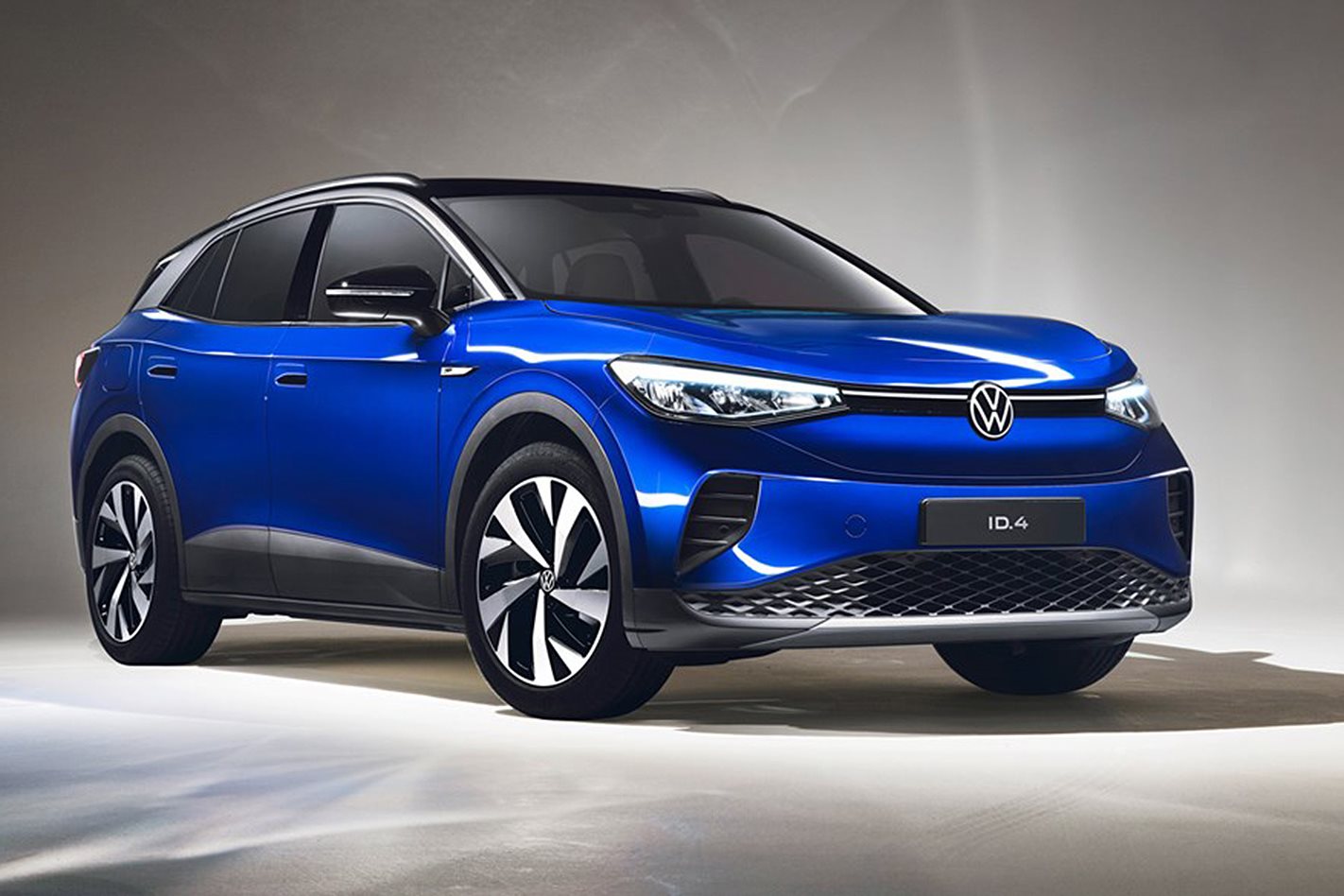
The news may not bring new electric Volkswagen and Skoda models to Australia any sooner, however – with Bartsch pointing to a disparity between European and Australia CO2 targets, and the absence of a free trade agreement as enjoyed by brands headquartered in other regions, as ongoing obstacles to bringing its most advanced models here.
“Europe’s mandatory carbon targets, enforced by severe penalties, will ensure that those markets continue to be the first in line for zero emission vehicles,” Bartsch said, adding that the demand for electrified VW models in Europe has begun “to exceed supply”.
“Volkswagen is further disadvantaged by being the only top 10 selling brand in Australia that remains subject to a tariff designed to protect local manufacturing that ceased in 2017. The other mass-market brands benefit from free trade agreements.
“While the federal government has resolved to address Australia’s third world fuel quality, until it and the other state governments emulate the vision of NSW, our country will remain a dumping ground for technology that cannot be sold in advanced countries.”
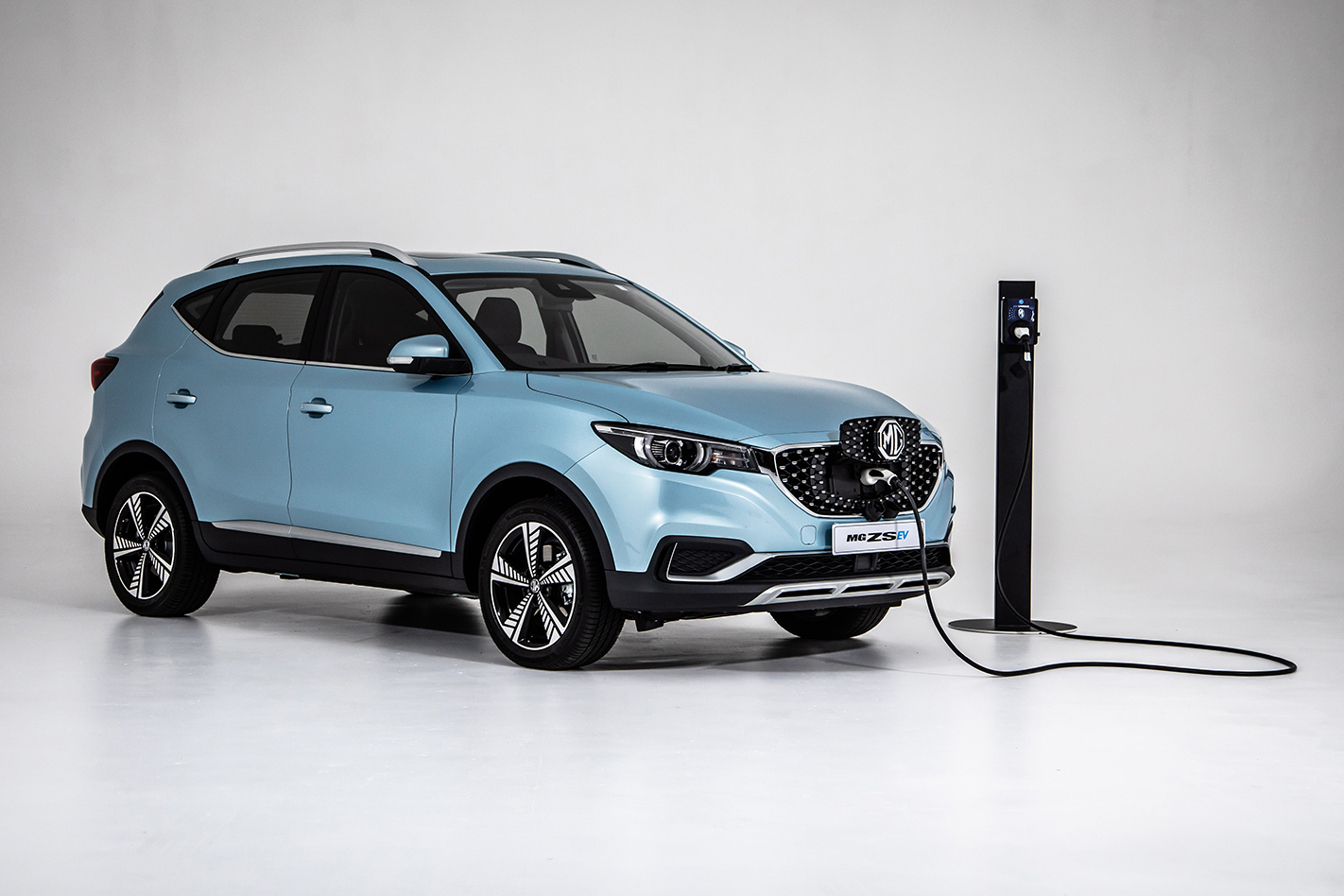
In the meantime, buyers keen on affordable EVs can look to brands like Nissan and Hyundai, along with new entrants in the form of the MG ZS EV and MG HS PHEV.
The massively popular Nissan Leaf is now into its second generation here, and the company’s Ariya electric SUV is on the local arm’s radar.
Likewise, Hyundai is rapidly growing its local electrification offering. The brand already offers the Kona EV, Ioniq EV and Ioniq PHEV (along with an Ioniq Hybrid) and will soon launch its new mid-sized Ioniq 5 electric crossover, congratulated the NSW state government.
“The New South Wales Government’s stated ambition is to make NSW the easiest state in Australia to buy and drive an Electric Vehicle. This strategy goes a long way to making that a reality. We congratulate the State Government and recognise New South Wales as now setting the pace for the rest of Australia,” said Hyundai Australia COO, John Kett.
“Significant investment in the charging network, in both urban and regional areas, is a welcome initiative. Highly developed infrastructure provides confidence to customers and removes uncertainty around being able to charge EVs away from home.
“Providing stimulus for improving low EV adoption rates in Australia, by offering tax relief and purchase incentives for customers, is another encouraging step. We’ve seen government incentives stimulate adoption rates in advanced markets overseas and the NSW EV Strategy is at world best-practice levels in that regard,” Kett added.
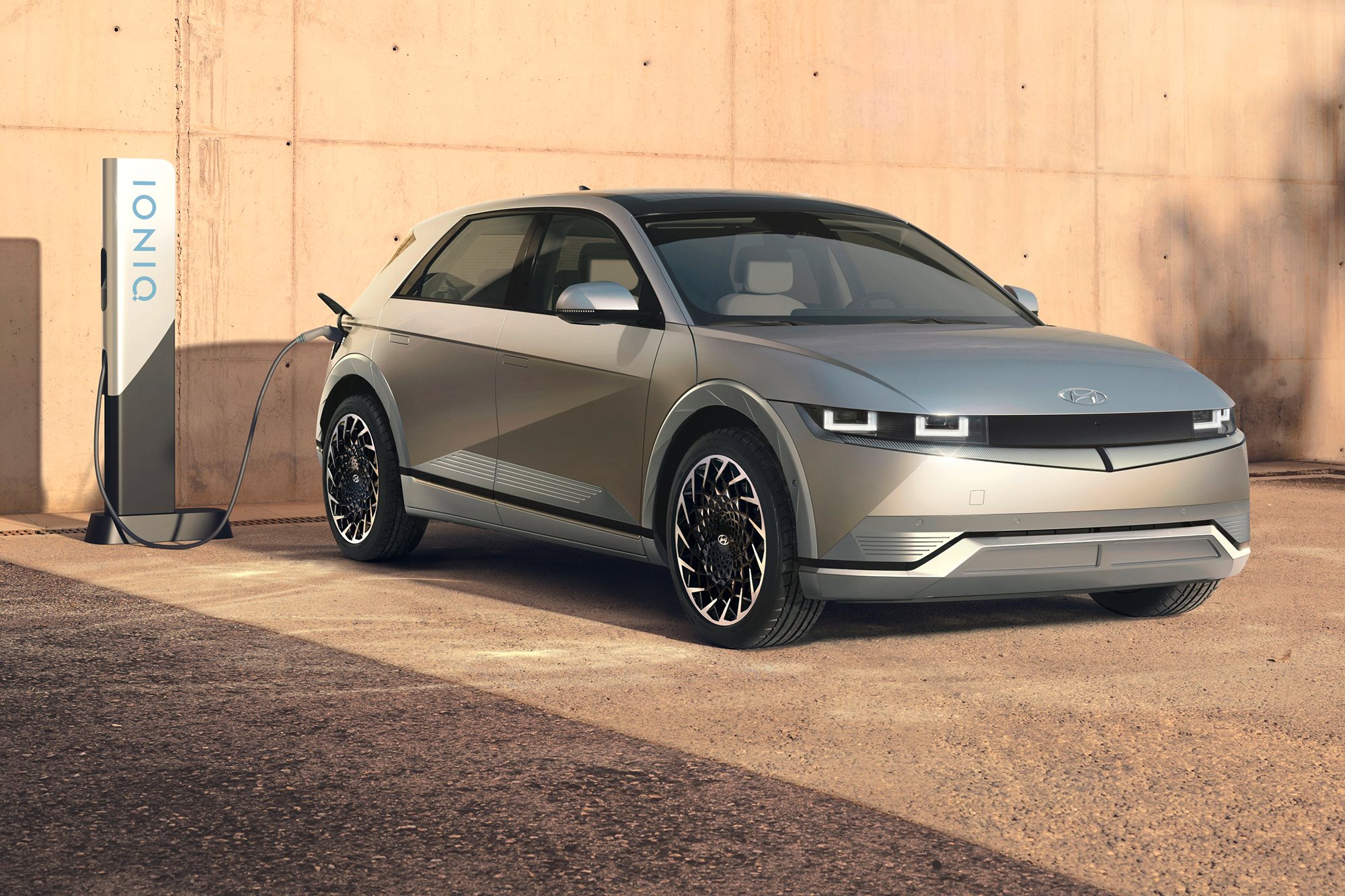
Although a relative newcomer to Australia’s top-seller list, Hyundai has been aggressive in its electrification strategy both here and globally.
The Hyundai Motor Group – which includes Genesis and Kia – has announced it will launch 44 electrified (EV and PHEV) models by 2025, and Hyundai plans to “introduce every one” of the Hyundai and Genesis-branded models here.
The Ioniq 5 will go on sale in Australia later this year, with the upcoming Ioniq 6 sports sedan and Ioniq 7 large SUV set to follow.
The Genesis G80 Electric is due here in 2022, and the not-yet-revealed Genesis GV60 will follow.
Kia recently launched its Niro EV, PHEV and hybrid models here, and the company’s fast new EV6 will arrive in 2022.
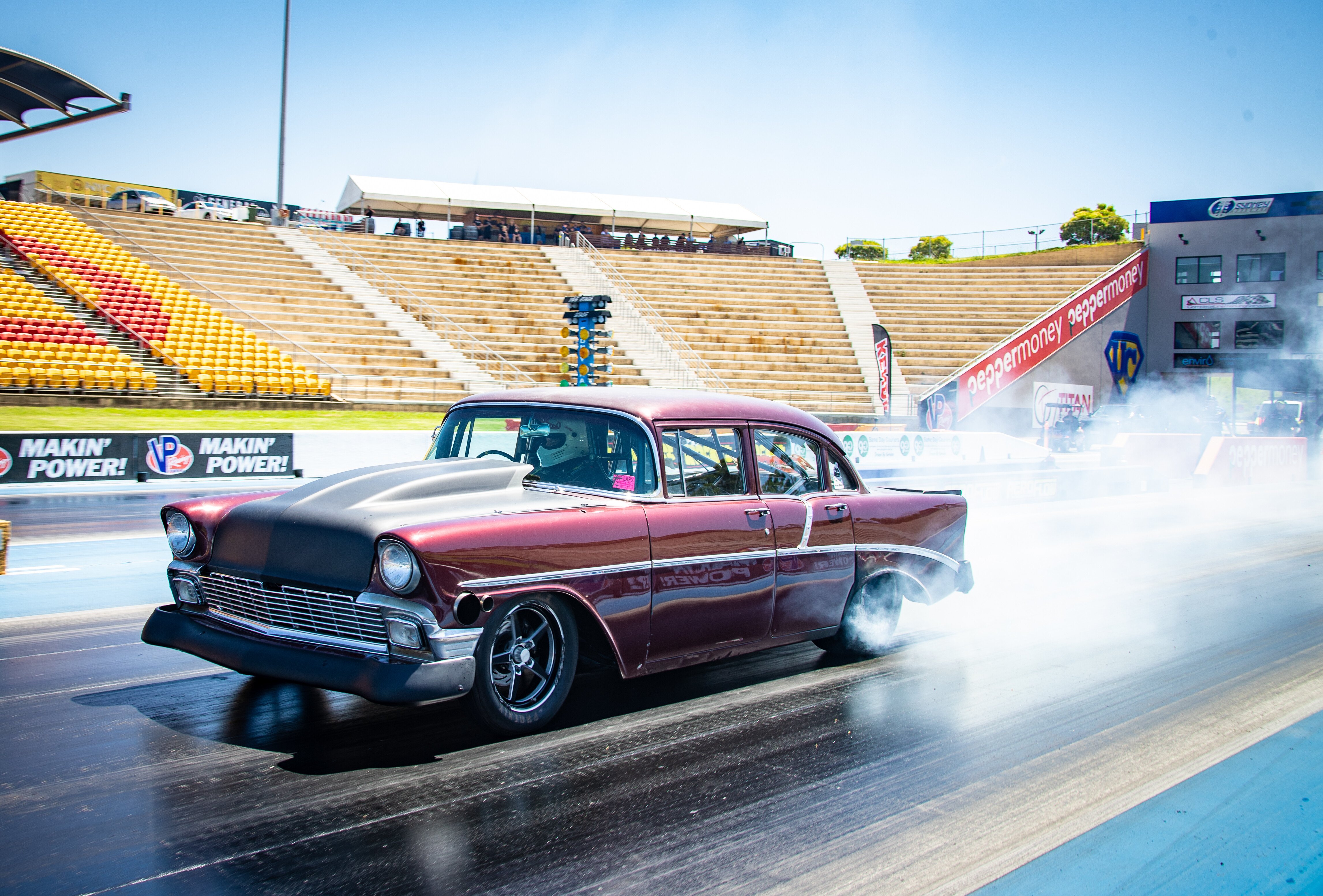
Nissan, a pioneer and stalwart of the Australian electric vehicle scene, has described today’s news as “extremely encouraging”.
“These decisive actions are good for consumers, good for the market and ultimately good for the (NSW) State’s own legislated net zero targets,” said Nissan Australia boss, Stephen Lester.
“These types of policies not only accelerate the EV transition right now, but also put Australia in a stronger place for priority adoption of new vehicle technologies, sooner.
“Additionally, with the announced transition targets for its own fleet, the NSW market will see greater EV update because of government purchases, but also will ultimately benefit customers by providing a vibrant second-hand EV market in the years to come,” he added.
To Nissan’s credit, the Japanese company maintains an important manufacturing operation in Australia, with its Nissan Casting Australia business producing two die-cast aluminium parts that are then exported to Japan to be fitted into every Leaf EV made.
News of that program was first revealed in 2015, and it remains a critical part of the car maker’s global production operation. You can read about it here.
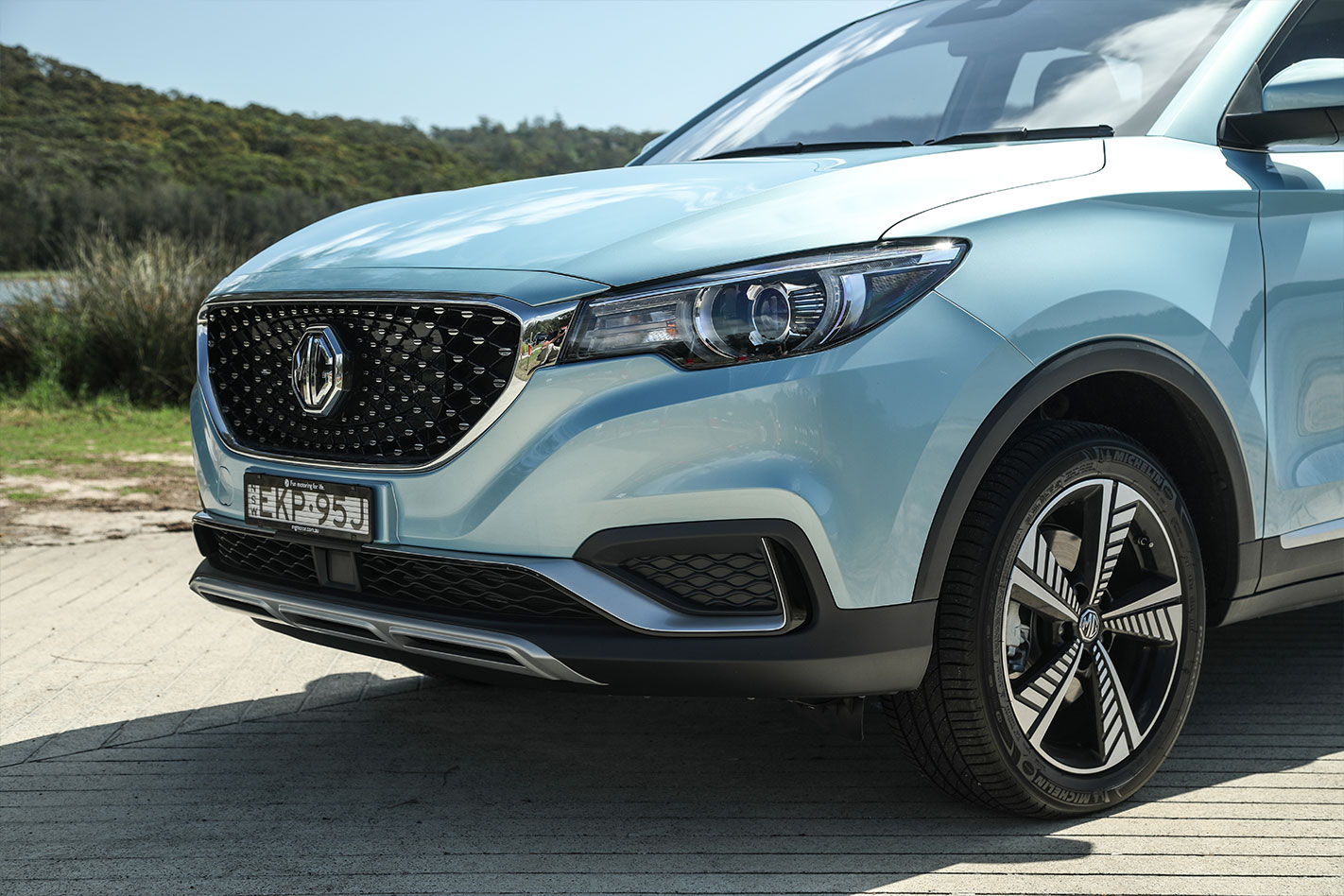
Another brand focused on the affordable EV space is MG, offering its small ZS EV and mid-sized HS PHEV.
Peter Ciao, the brand’s CEO for Australia and New Zealand (the latter recently announcing its own huge EV strategy), said the NSW Government’s plan is a “vital and welcome initiative”.
“At MG, we believe in Electric For Everyone, and this government subsidy program will give many more people the chance to experience the benefits of electric motoring for themselves,” Ciao said.
“We look forward to offering our support to the Minister for Energy and Environment’s office, as MG accelerates its own plans to support infrastructure roll-out in NSW and across Australia.”
For more on Australia’s growing electric vehicle market, see our coverage at the links below.
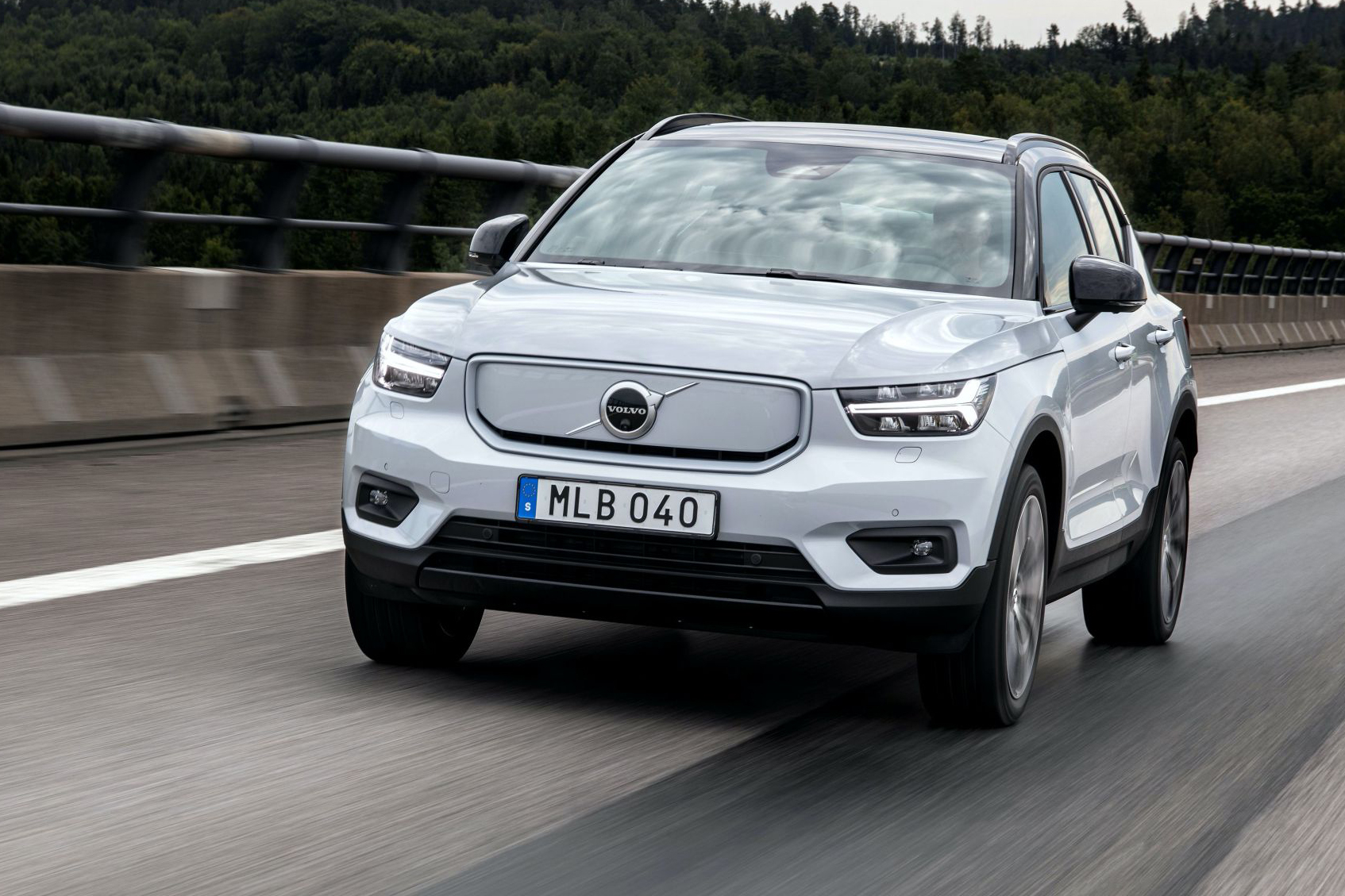
June 22: Swedish brand Volvo has joined the chorus of praise for NSW, urging the federal and other state governments to follow.
“Volvo applauds the NSW Government’s electric vehicle reform package. It is a significant step in the right direction to increase penetration of electric vehicles in Australia, which is lagging the rest of the developed world on uptake,” said Volvo Car Australia boss Stephen Connor.
The company has previously confirmed that from 2030, it will only offer electric cars, putting a very real imperative on the need for infrastructure and market support in Australia.
“This will allow us to meet the expectations of our customers and be a part of the solution when it comes to fighting climate change. Other car makers have announced similar plans,” Connor said.
“We urge the federal government, and other states and territories, to recognise this reality, and fast track their electric vehicle strategies. This is crucial to ensure Australia does not lag behind the global car market which is responding to the seismic technological change that is underway.”
Volvo’s all-electric XC40 Recharge Pure Electric will go on sale in Australia in August, priced from $76,990 – making it an obvious contender for the NSW government’s incentives program.
From July 2021, the brand’s wider range will be exclusively electric, mild-hybrid or plug-in hybrid.


